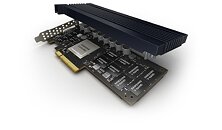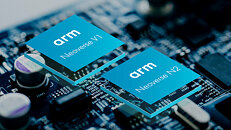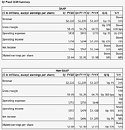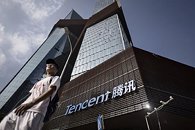Alibaba Developing an Equivalent to ChatGPT
Last Tuesday, Alibaba announced its intentions to put out its own artificial intelligence (AI) chatbot product called Tongyi Qianwen - another rival to take on OpenAI's pioneering ChatGPT natural language processing tool. The Chinese technology giant is hoping to retrofit the new chatbot system into several arms of its business operations. Alibaba had revealed initial plans for chatbot integration earlier this year, and mentioned that it was providing an alternative to the already well established ChatGPT tool. Alibaba's workplace messaging application - DingTalk - is slated to receive the first AI-powered update in the near future, although the company did not provide a firm timeline for Tongyi Qianwen's release window.
The product name "Tongyi Qianwen" loosely translates to "seeking an answer by asking a thousand questions" - Alibaba did not provide an official English language translation at last week's press conference. Their chatbot is reported to function in both Mandarin and English language modes. Advanced AI voice recognition is set for usage in the Tmall Genie range of smart speakers (similar in function to the Amazon Echo). Alibaba expects to expand Tongyi Qianwen's reach into applications relating to e-commerce and mapping services.
The product name "Tongyi Qianwen" loosely translates to "seeking an answer by asking a thousand questions" - Alibaba did not provide an official English language translation at last week's press conference. Their chatbot is reported to function in both Mandarin and English language modes. Advanced AI voice recognition is set for usage in the Tmall Genie range of smart speakers (similar in function to the Amazon Echo). Alibaba expects to expand Tongyi Qianwen's reach into applications relating to e-commerce and mapping services.





































